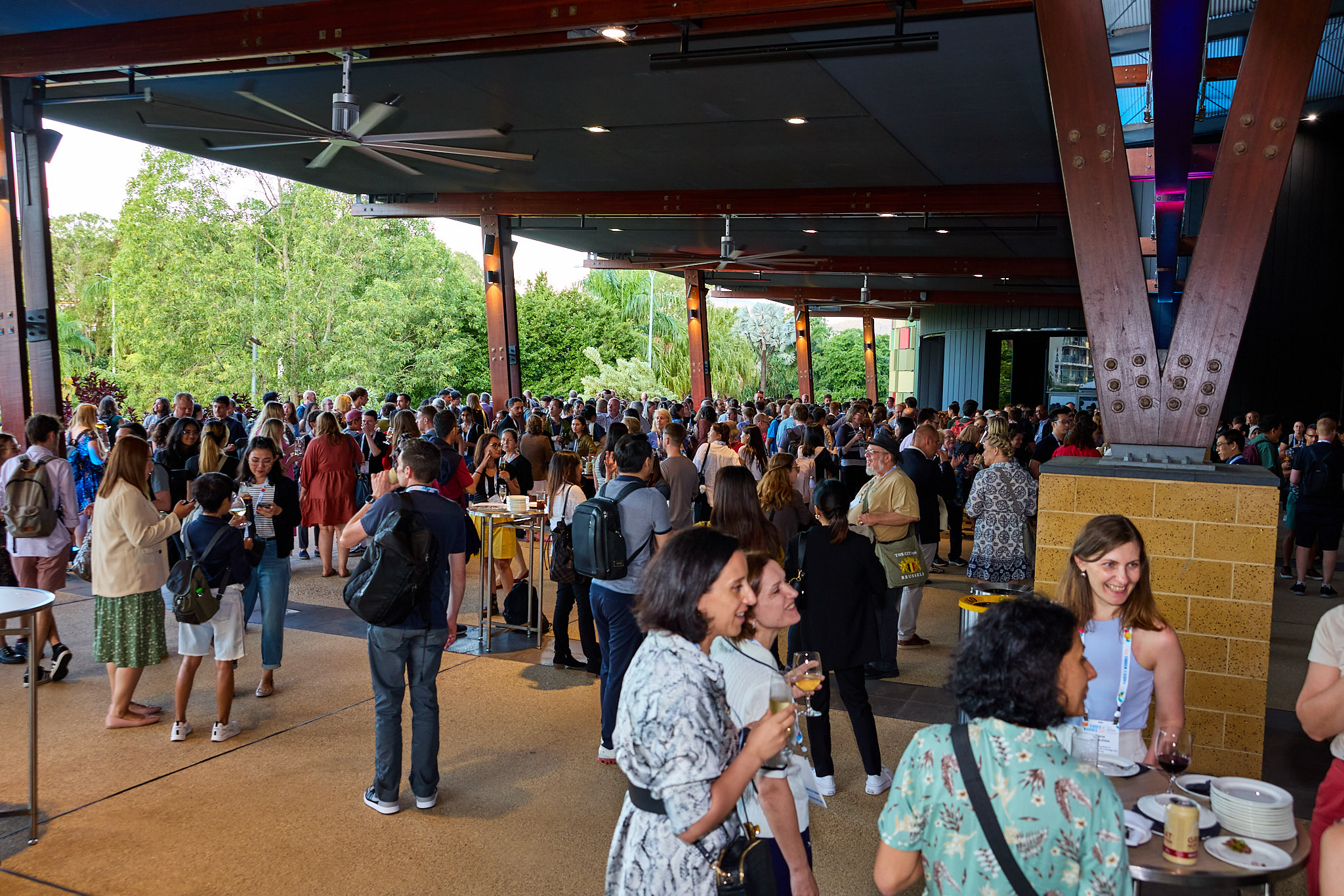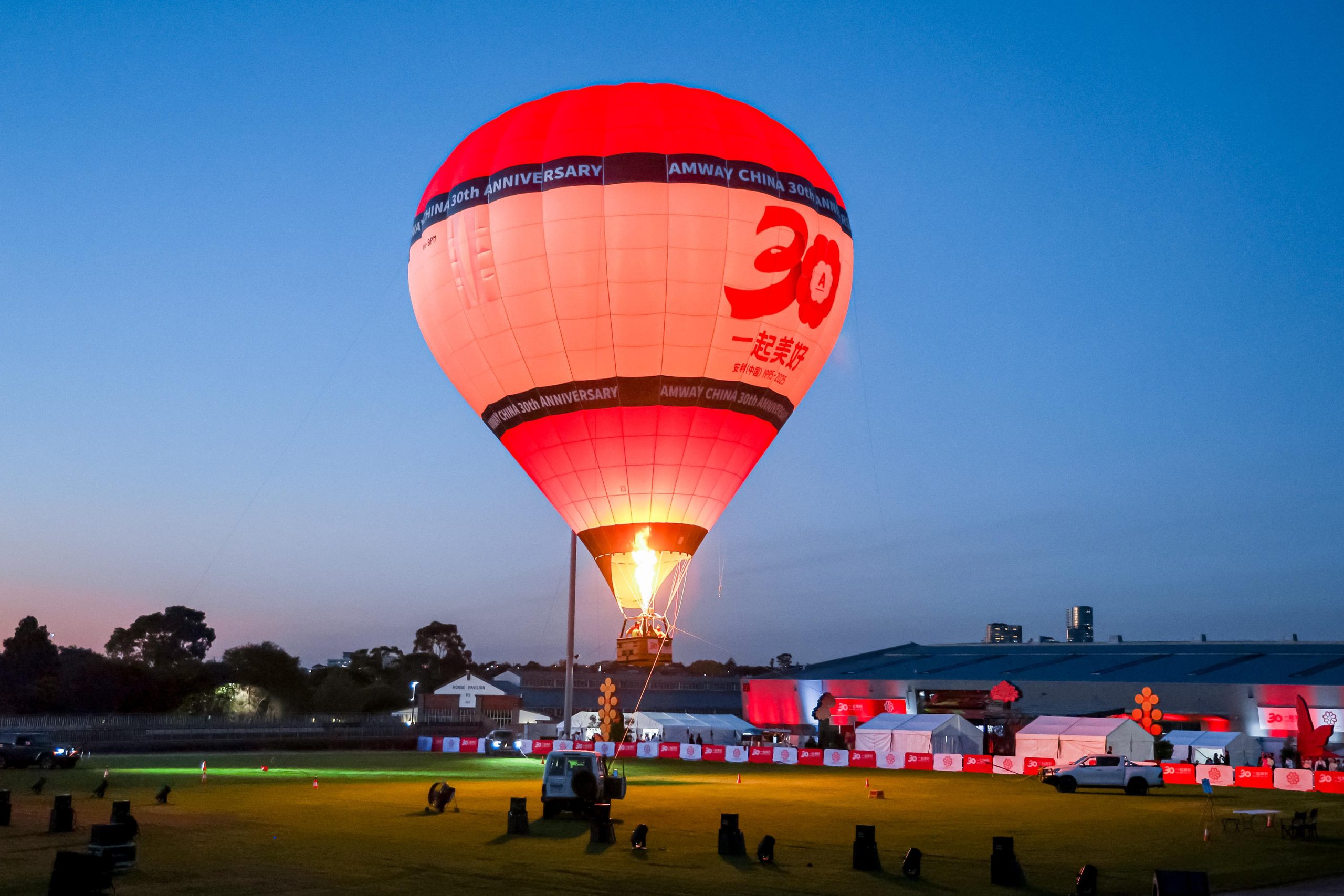Air travel remains the primary mode of transport for corporate groups attending a conference, meeting or an incentive programme with event organisers spending between 20 per cent and 40 per cent of their budget on airfares.
“Several factors might affect the budget that needs to be allocated towards airfares,” notes Shauna Whitehead, regional manager of CWT Meetings & Events Asia-Pacific. “For example, it would depend on whether the group is travelling to an international or domestic destination; whether you choose business class or economy class airfares; and whether it is a convention or an incentive trip.”
Meetings and Events (M&E) is one of four key lines of business for CWT. It works directly with corporate clients as well as third parties to fulfil group travel-related activity – from groups of 10 to 5,000 people. CWT handles in-country, regional and global group movements, offering a single point of contact for the group with regional representation.

Whitehead points out three key considerations when booking and arranging flights for business events. First, the profile of the travellers must be taken into account – arrangements will be different depending on whether you are booking flights for VIPs, staff members or customers. Second, one has to take note of the organisation’s risk management policy, since this will impose limitations on the number of staff members who can be booked on a given flight.
Third, the organisation must also factor in if travellers will be extending their trip to conduct additional business at the destination or will be flying off to a different place in the same trip. “The company needs to check the necessary visa requirements and negotiate an extension/deviation policy with the airline accordingly,” says Whitehead. “If flexibility in travel arrangements is a priority, one must be prepared to budget more for airfares.”
Airlines get in on the act

For some years now, airlines have been putting together exclusive offerings specifically targeting business events groups. Thai Airways, for example, provides special airfares and special pre- and post-event tour packages for corporate groups. For large conventions, the carrier can provide on-site facilities and assistance for VIPs. In particular, special arrival and departure arrangements can be requested in advance.
The carrier has been an official carrier for a number of international events held in Thailand. This year, it has handled flights for 2,000 people for IT&CMA/CTW in October; for 7,000 people at Power-Gen Asia & Renewable Energy World Asia 2012; and for 38,000 delegates to the 2012 Bangkok Rotary International Convention.
To qualify as a MICE group, a company must have a minimum of 100 delegates and bookings should be made at least three months before the event date. “Apart from the special airfares and tour prices, we can also provide advance check-in, prepare group seating, customised headrest covers and special announcements onboard for incentive groups,” says a spokesperson at Thai Airways’ travel industry relations department.
Meanwhile, Cathay Pacific has a central team at its Hong Kong headquarters that develops products that cater to the needs in different markets. It works closely with local offices in offering competitive airfares to corporate incentive tours and meetings. For exhibitions and other large-scale events hosted in Hong Kong, the airline can tailor-make airfares for registered delegates and their companies.
Among the groups the carrier has handled over the years are the rugby team players who attend the Hong Kong Sevens competition, and the performers in the Chinese New Year Parade. For big events such as these, the airline expects a minimum of at least 200 overseas participants travelling from at least two countries. For meetings and incentives, though, group size can vary.
“Besides providing competitive airfares for travellers, we offer special discounts on a wide array of hotels in Hong Kong, Macau and China through our subsidiary Cathay Pacific Holidays,” an airline spokesman adds. “We also offer value-added services such as the exclusive ‘Yum Sing’ booklet, with discount offers on dining and shopping in Hong Kong.”
Benefiting from a travel specialist
While airlines are reaching out to cater to the business events sector, the detailed logistical arrangement needed for group travel may need the deft hand of a seasoned professional, especially if an event involves large groups on staggered arrivals and departures as well as a multi-destination itinerary.
“Our group planners are employed to guide clients to the best approach for group travel, from air analysis through final ticketing, with each group being unique in its travel profile, destination travel policy and extra requirements,” CWT’s Whitehead notes. “A high level of knowledge about travel and risk management policy is key when planning the group routings and airline negotiations.”
Carly Lewis, business director for Asia, cievents says that the experience that delegates have in getting to and from an event can dramatically influence their overall impression.
“We ensure everything from flights, accommodation and ground transfers to food and beverage and delegate registration happen smoothly, and this is what you need. In addition, we make sure the travel policy is very clear from the beginning so your travel provider and your delegates know what they can and cannot do.”
CiEvents is a full-service bespoke event management agency whose services besides travel logistics cover registration management, meeting management and production management. On the logistics side, the company has handled exclusive arrangements for two people and has coordinated events of up to 3,000 people.
Also, a travel specialist can provide value-added safety and security tools, which can flag up “incidents” that suddenly crop up at your chosen destination. “We have strong emergency services and disaster response teams in place who carefully survey world events and ensure clients are rapidly notified of travel risks,” Whitehead says.
Bargain hunting
It is not unusual for delegates in a group to find cheaper flights on the internet than the group rate being charged by an official carrier. While this rate discrepancy is quickly pointed out, companies need to understand that group airfares cannot be compared to individual airfares.
Group bookings are used when there are multiple passengers travelling on the same flight. These bookings allow the travel service supplier to secure a competitive airfare across the entire number of seats blocked per service. “They are not necessarily the cheapest fares,” agrees Whitehead. “However, they offer a higher level of flexibility, better change and cancellation terms, and a standard airfare across multiple travellers.”
She also advises corporate travel managers to make greater use of restricted fares, which bring savings even when change or cancellation fees are factored in, as the upfront prices are significantly cheaper. “Restrictive fares are on average 30 to 40 per cent cheaper upfront than flexible fares,” she points out. “A recent CWT survey found that this opportunity is underexploited, with 61 per cent of travel managers saying that travellers could book more restrictive fares.”
In another CWT survey, it found that 75 per cent of frequent travellers book less than 14 days in advance. “There’s another opportunity for driving savings – promote advance bookings,” says Whitehead. “There is clear evidence that the earlier travellers book, the less they pay.”
Meanwhile, she is closely following the ongoing shift in the arrangement of group travel. “MICE is increasingly becoming like transient travel, and organisations are moving away from group blocks, except for high-volume groups.
“As more and more organisations have brought their meetings and events (M&E) under tighter management in the past five to 10 years, many have also begun seeking opportunities to leverage combined M&E and transient travel volume in negotiations with suppliers when applicable,” Whitehead observes.
TOP TIPS
• Be open to alternative destinations. The CWT Meeting Optimizer tool lets event organisers compare nearly 2,000 destination to determine their groups’ optimal meeting location based on air, hotel and telepresence data. It can help companies save up to 25 per cent on M&E spending.
• Consider using low-cost carriers (LCCs) for M&E travel. Low-cost airlines can bring savings but not without significant trade-offs, so travel managers should look for ad-hoc savings through the use of LCCs while ensuring they do not erode their preferred carrier programmes.
• Have an upfront and clear knowledge of risk management policies and deviation rulings. This will allow companies to negotiate the best possible rates when making their bookings.
• Ensure that the company that will issue the air tickets for your group is consulted when setting up your attendee registration. This is to ensure that all required data are collected for traveller air bookings, as well as their meeting requirements.
• Discuss reporting needs in the initial booking stages – both arrival and departure, and financial summary.
Source: CWT
STAR POWER
Thai Airways, together with 27 other Star Alliance member airlines, offers a Star Alliance Conventions Plus product aimed at associations and professional event organisers. The service includes an organiser support programme, conventions plus delegates fare discount, and a central point of access to the network of one of the world’s major global alliances, whose reach spans more than 190 countries.
To avail themselves of Star Alliance Convention Plus, companies must meet the following criteria:
• A minimum of 500 international delegates
• Delegates must come from at least three countries and two continents
• A minimum of six months’ lead time to the start date
• A maximum of three years’ lead time to the start date
• Types of events covered: conventions, conferences, exhibitions, sports and music events
Star Alliance also has another offering called Meeting Plus for groups of at least 50 international delegates.
Source: www.staralliance.com/en/business-solutions/conventions-plus
CHECKLIST
Managing flights for business events groups has many levels of complexity and things to consider. Below are the first questions that need to be asked when working on a group’s travel plan:
- Risk policy of the client – are there any limitations on the number of people per flight based on their titles and office locations?
- The travel policy of the client
- Delegates’ arrival and departure dates
- Are partners and children allowed?
- Is extension travel allowed?
- Are upgrades allowed?
- The budget
- Will it be better for attendees to book individual or group tickets?
Source: cievents
Gigi Onag


